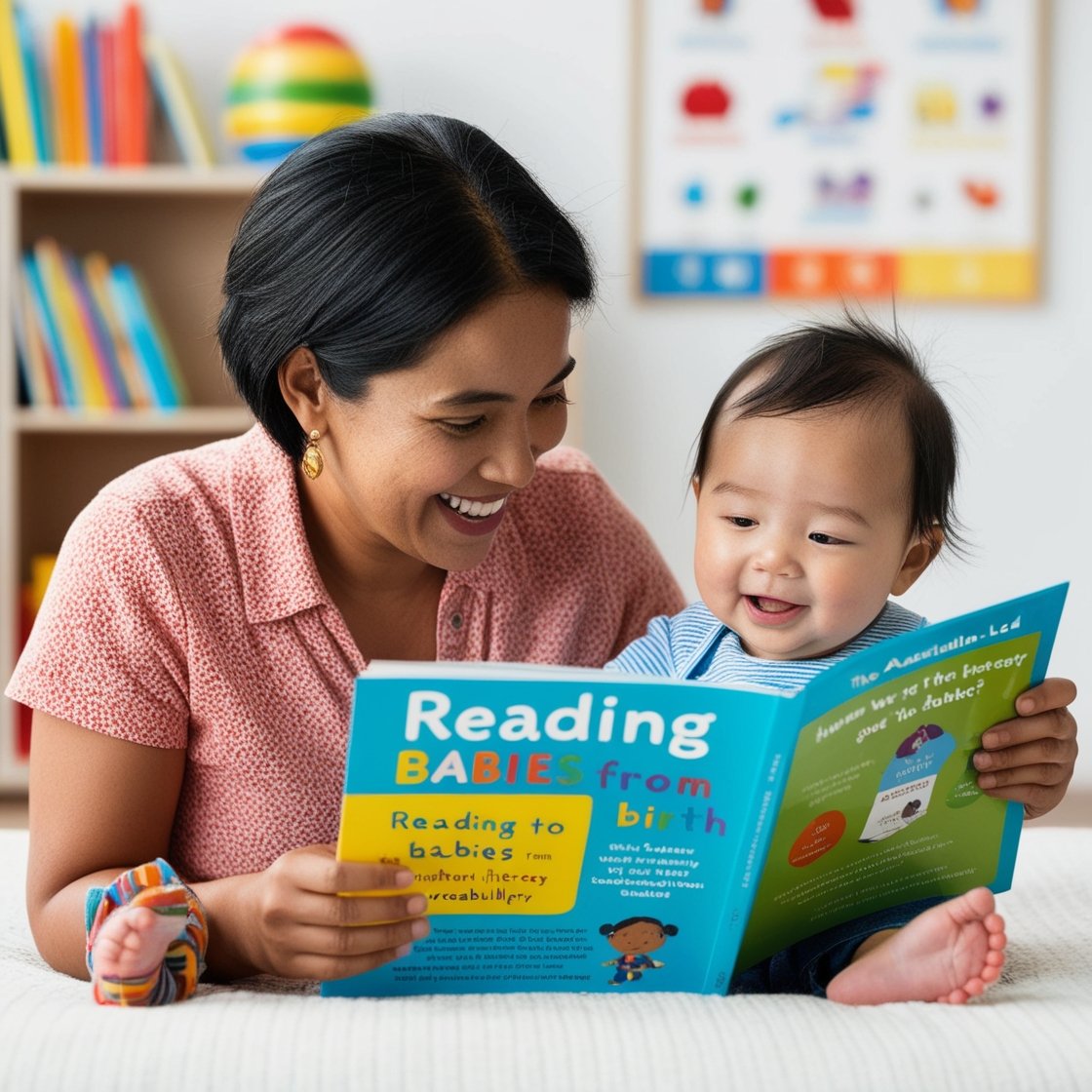Boosting Literacy: How Reading to Babies Shapes Future Success

The Power of Early Reading: Shaping Future Success
A groundbreaking Australian-led study has revealed the profound impact of reading to babies from birth on their future academic success. This research, the largest of its kind, demonstrates that early exposure to books significantly enhances children's vocabulary, literacy skills, and overall school readiness.
Key Findings
The study, led by Macquarie University PhD candidate Claire Galea, involved 86,000 new parents across five countries. Here are the crucial takeaways:
- Improved Vocabulary: Children who read regularly from birth were more likely to know letters and words by age three.
- Complex Language Skills: These children were also more likely to speak using complex sentences.
- Enhanced Interest in Reading: Children exposed to books at home for 12 months were eight times more likely to show interest in reading.
- School Readiness: Regular reading from birth led to improved emerging literacy skills before starting school.
The Reading Recipe for Success
The study found that reading to a child for just 10-15 minutes, four days a week from birth, can lead to significant improvements in literacy skills. This simple routine can have far-reaching effects on a child's educational journey.
Impact on Early Childhood Education
The findings of this study have already begun to influence early childhood education practices.
- A preschool in Tamworth, NSW, has adapted its literacy program based on the improved literacy skills observed in children.
- The local library in Tamworth has seen an increase in child enrolments and has started offering literacy classes for parents who struggle with reading.
The Importance of Physical Books
Claire Galea emphasises the crucial role of having physical books at home:
"Access to physical books in the home may be a fundamental step in helping to address the current literacy crisis."1
This statement underscores the importance of tangible reading materials in fostering literacy skills and a love for reading.
Beyond Literacy: Strengthening Family Bonds
The study revealed an unexpected benefit of early reading habits:
- 85% of carers reported feeling more connected to their child as a result of receiving and reading books together.
- Families reported spending more quality time together, strengthening familial bonds.
Addressing the Literacy Crisis
The importance of this research becomes even more apparent when considering the current literacy challenges:
- One in three Australian children failed to meet the baseline standard for reading and writing in recent NAPLAN tests.
- One in six children has not been read to or told stories by the age of two, according to the Australian Institute of Health and Welfare.
By promoting early reading habits, we can take significant steps towards addressing these concerning statistics.
Conclusion
The findings of this Australian-led study provide compelling evidence for the power of early reading in shaping a child's future academic success. By establishing a simple routine of reading to babies and young children, parents can significantly enhance their child's vocabulary, literacy skills, and overall school readiness. Moreover, this practice strengthens family bonds and fosters a lifelong love for learning. As we continue to address the literacy challenges facing our society, promoting early reading habits may be one of the most effective strategies in ensuring a brighter, more literate future for our children.
